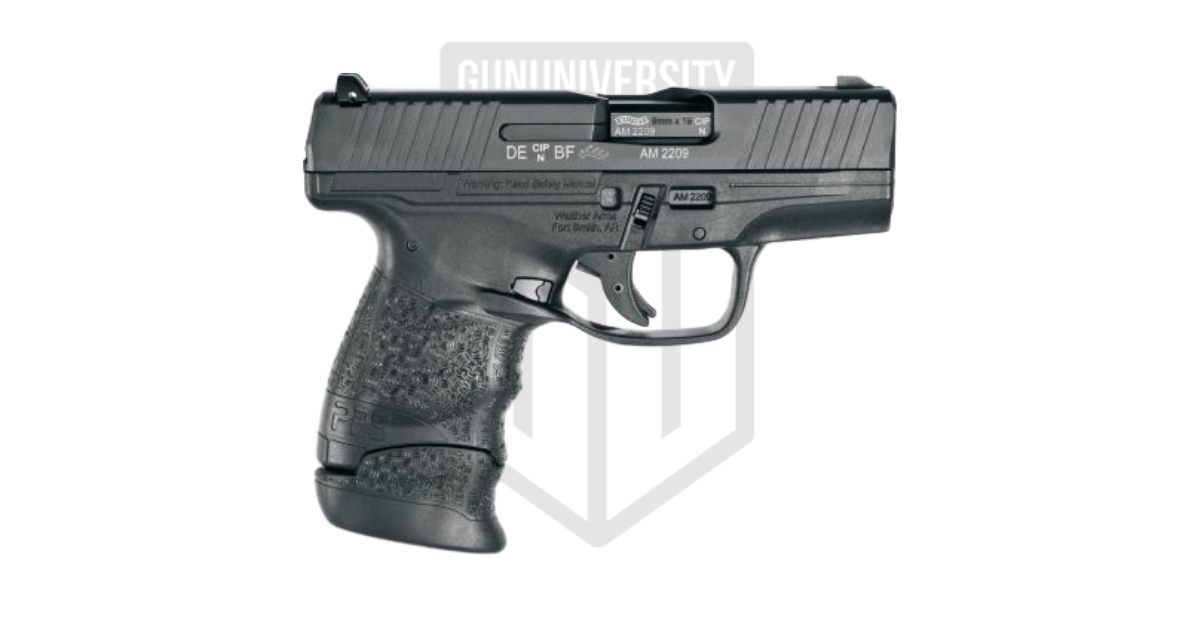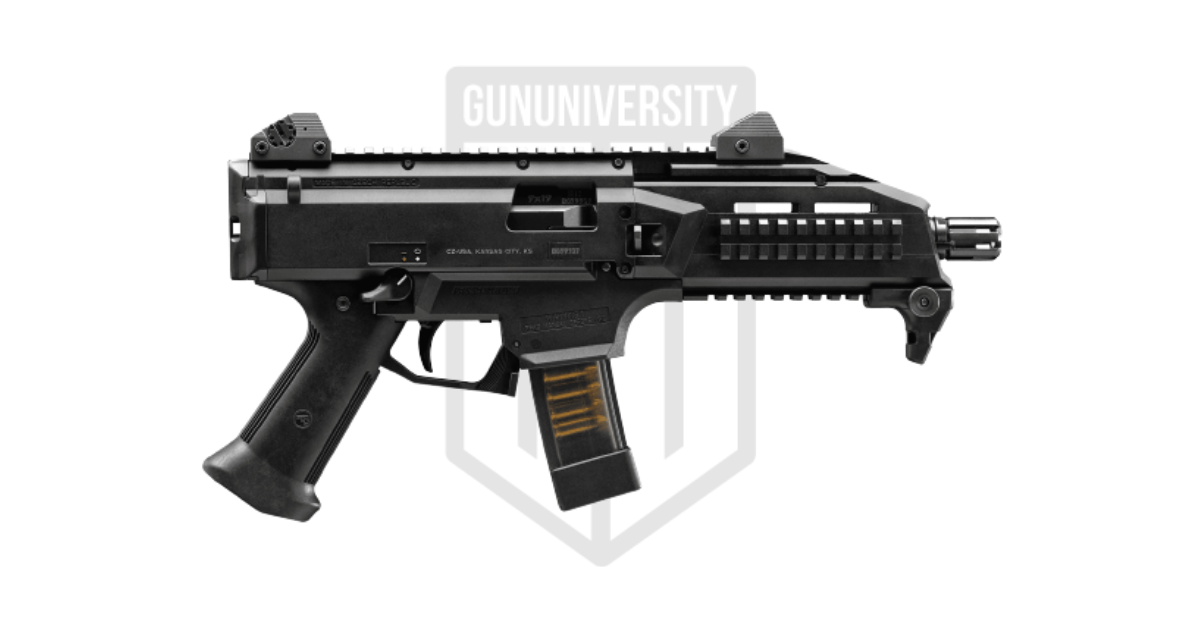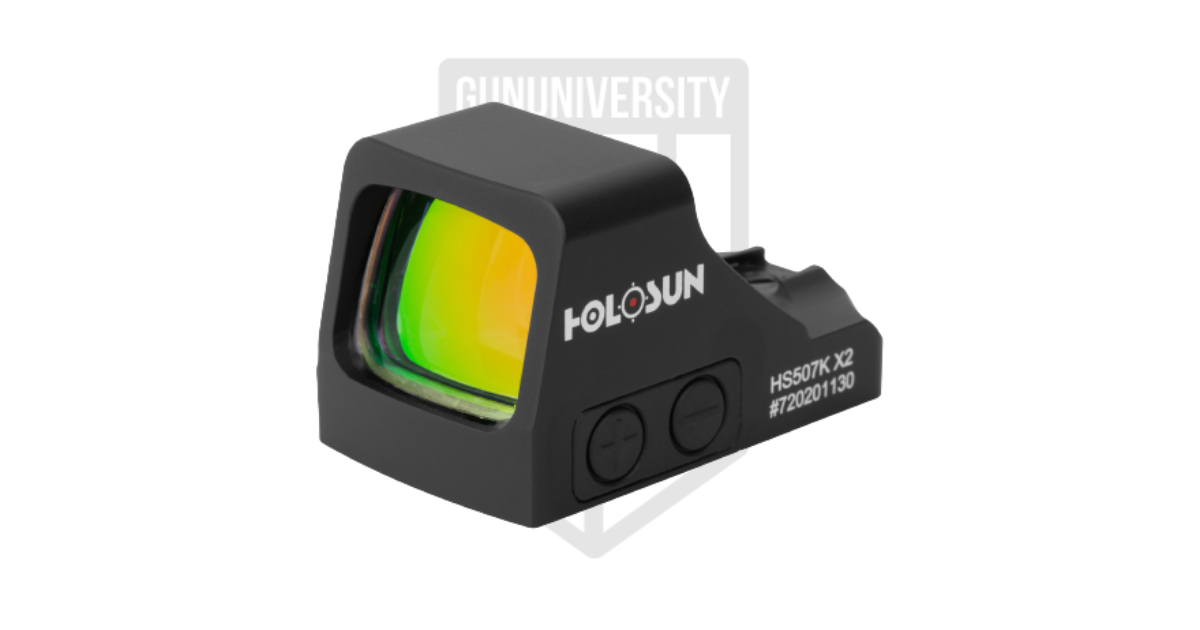Are Firearm Silencers (Suppressors) Legal?
Are Silencers / Suppressors Legal?
Yes. Firearm silencers (sometimes called “suppressors”) are legal to possess under federal law.
Of course, there are plenty of regulations at the federal level and some outright prohibitions at state/local levels.
For example, a private citizen may lawfully posses a silencer only if:
- they aren’t a prohibited person,
- the appropriate ATF Forms have been processed (typically 9-11 month wait),
- a special $200 tax has been paid,
- the silencer has been registered specifically to them (or an entity including them), and
- silencers are not specifically banned in their state.
Government entities and Federal Firearm Licensees (FFLs) do not have the same wait-times nor tax payments.
In fact, the ability to possess, buy, and sell silencers is a large reason for the giant increase in people getting their FFLs from their home. When the cost of getting an FFL is considered ($150 for the first three years and $90 for each three year period after), it makes a lot of sense for some folks to save around $400 per silencer and pay an annual flat tax instead of a tax per silencer.
In this article, we’re going to cover:
What is a Firearm Silencer/Suppressor?
First, let’s address the name issue:
Which is it? Is it a silencer or a suppressor? Well, it kinda’ depends.
To me, as a firearms attorney, I call them “silencers” because that is what they are called in the governing laws and regulations. Also, Hiram Maxim, the father of the firearm silencer, called them “silencers”. If “silencer” is good enough for him, it’s good enough for me.
However, as some rightfully point out, these devices don’t really “silence” a firearm and instead merely suppress the sound of the escaping gasses upon firing – calling them silencers is a bit of a misnomer that can give these devices a bad-name to those that are ignorant about them. This is a fair point, however, I prefer the term “silencer.’ If you like “suppressor,” good for you – I’ll use the terms interchangeably to make sure I frustrate both groups. ????
Ok, now that the silencer vs. suppressor semantics are out of the way…. what the heck are they?
In over-simplified terms, a silencer is any device that diminishes the report of a firearm. It is effectively a muffler for a firearm. A car would be much louder with out its muffler (however, nobody seems to want to ban mufflers because it makes it too easy for criminals to drive away quietly).
There are two noises when a gun fires: the rapidly expanding gasses (the explosion/bang) and the super-sonic crack of the bullet.
A silencer helps to suppress the first noise but it does NOTHING to stop the second noise. Therefore, for most rifles and handguns shooting standard ammunition, a silencer can bring the sound of a firearm down to hearing-safe levels but it is nowhere near as quiet as Hollywood likes to make them seem.
In fact, most silencers bring the noise of a gunshot down to just under 140 decibels.
If sub-sonic ammunition is used, the overall effect is much quieter as there is no super-sonic crack. However, some semi-auto firearms (like AR-15s) won’t reliably work with subsonic ammunition.
Silencers are considered Title II firearms and are regulated by the National Firearms Act of 1934 along with other highly regulated firearms such as short barreled rifles and machine guns.
Who May Own a Suppressor?
On an individual level, whoever is legally allowed to posses firearms and ammunition may also legally possess a suppressor.
However, unlike standard firearms, suppressors are registered AND tracked at the federal level. Each suppressor is registered to a specific entity. A person, trust, or corporation can possess a suppressor.
In order for any entity to possess a silencer, ATF Forms must be completed and submitted along with passport photos and fingerprints of everyone who is going to be allowed to possess the suppressor AND a $200 tax on top of the cost of the suppressor.
If a person has the approved tax stamp, then they may lawfully posses the suppressor.
State and local laws vary greatly here! The majority of states (42) allow civilian possession of suppressors.
How to Purchase a Silencer
If you are an individual and are looking to purchase a silencer, you may either purchase your silencer online and have it shipped to a local FFL to complete your paperwork or you can visit your local FFL to see what they have in inventory.
Once you’ve paid for your silencer, you must fill out an ATF Form 4 with your local FFL. This Form 4 is the application with the ATF to get your silencer, go through your background check, and pay your $200 tax.
After your paperwork, fingerprints, photos, and tax payment are competed/submitted, you can look forward to about a 10 month wait until the ATF determines whether you may possess your silencer that you already purchased.
If, however, you get your FFL (with this system you can have your FFL in 2 months), you’ll only wait a couple of days for your silencer. If you get your FFL, you can pay your yearly SOT tax and then order silencers at dealer pricing and get the approval from the ATF usually in under a week.
Recent Posts
January 5, 2026
January 3, 2026
December 27, 2025




![AK versus AR [East Meets West]](https://gununiversity.com/wp-content/uploads/2022/06/AR-vs-AK-Featured.png)
Hi Ryan. I am a retired engineer. I am developing a sound silencing/suppression system for use in target practice. It does not attach to the gun in any manner. It is a large box with an ~8 inch hole down the center. You place the barrel about 2 inches into the hole. You shoot the bullet through the hole. The big box absorbs the sound energy. It is looking very promising. What I want to ask you is … how likely is it that the federal agency will deem this to be a “silencer” and regulate it? If they do, that would probably invalidate any commercial viability. On the other hand, if they do not, I think there would be broad interest in this device for all types of target shooting. (I plan to achieve ~20dbA reduction)